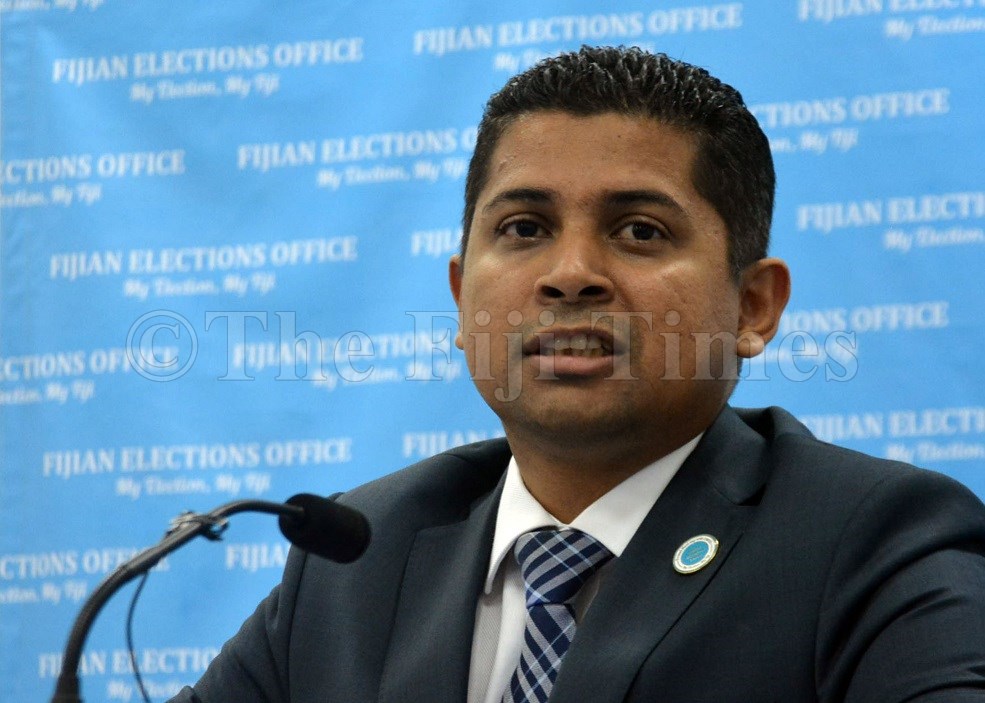Removing the names of dead people from the national register of voters (NRV) is easy if Fijians use their birth certificates when they register to vote.
This, according to Supervisor of Elections Mohammed Saneem.
In a statement issued on Sunday, he said under section 53 of the Constitution, the Fijian Elections Office was tasked with removing the names of deceased persons from the NRV.
“In practice, the FEO intensely promotes the next of kin to report the death of a registered voter,” Mr Saneem said.
“Aside from this practice, the FEO also receives from the BDM (Births, Deaths and Marriages) Registry a list of persons reported as deceased.
“This list is used by the FEO to then match the entries on the NRV.
“If the birth certificate records were directly used for registration as a voter, the process of removal of deceased persons would considerably be easier since the matching of records would be swift.
“If the records, such as name, do not match, then there remain many records that cannot be confirmed as correct.
“Additionally, there is greater risk when individuals exploit the opportunity to attain multiple registrations.”
Mr Saneem said apart from removing deceased persons from the NRV, the FEO obtained information from various agencies to ensure that only those who were eligible as per the law were on the register.
He said the Immigration Department provided a list of persons who had renounced their citizenship, the Health Ministry a list of persons declared to have a mental disorder and the Fiji Corrections Services a list of persons who were serving sentences of 12 months or more.
“The task of matching names of all the voters with the records held at these agencies will become very difficult if individuals are allowed to use names not present in birth records (or as amended subsequently).
“It will result in people having their names on the NRV when they are actually disqualified from voting.
“It is not for the administrative convenience of the SoE but a direct necessity for protecting the rights of every voter.”



